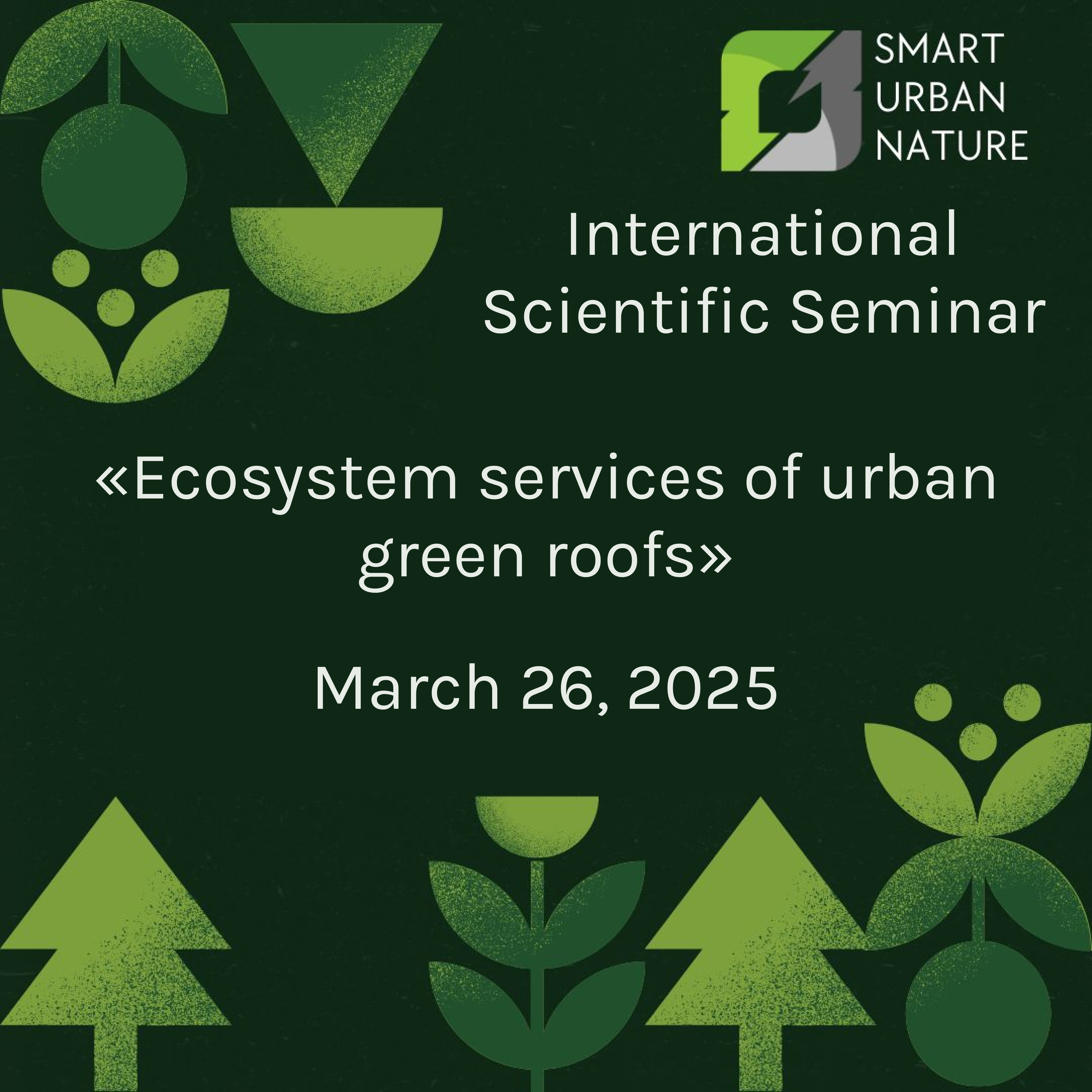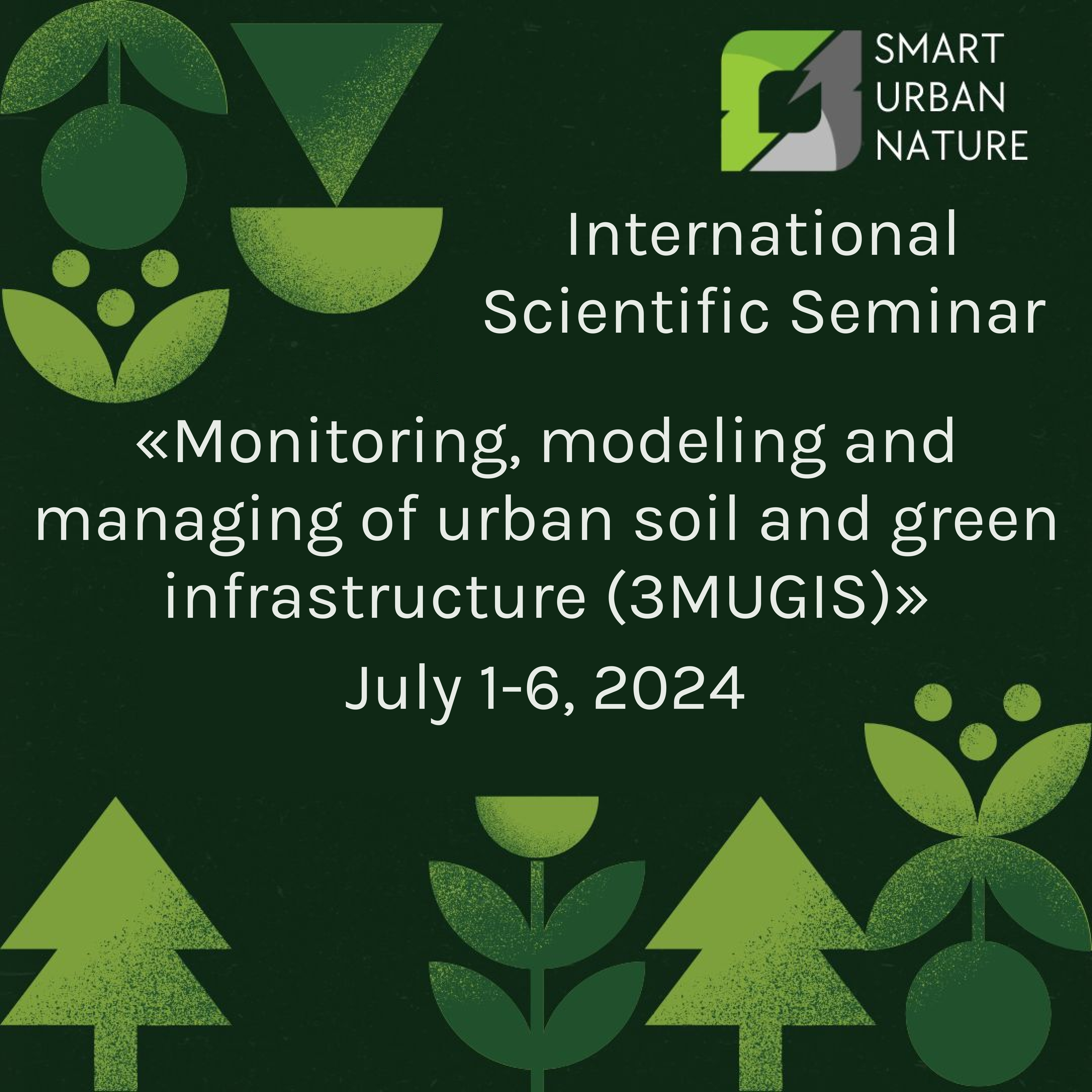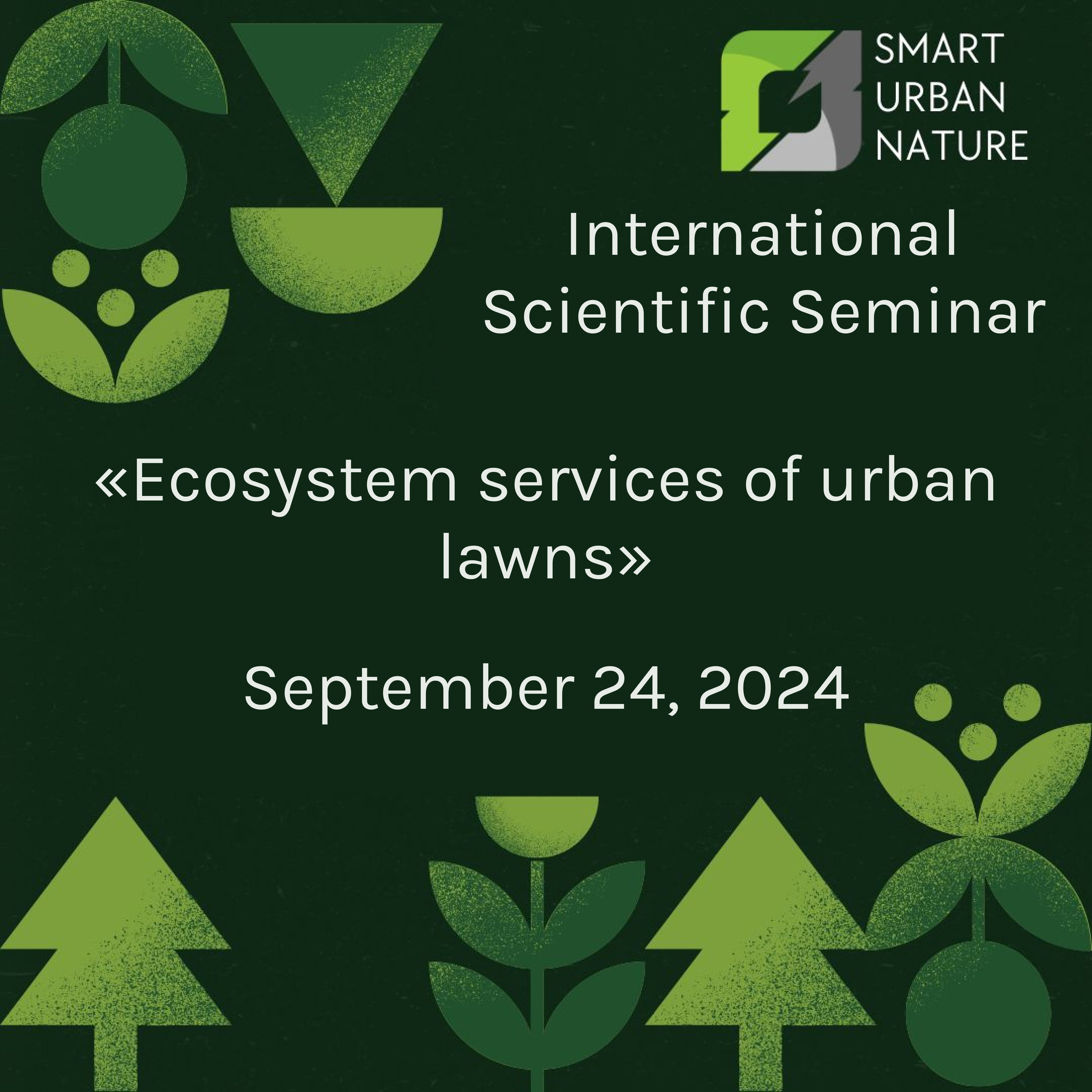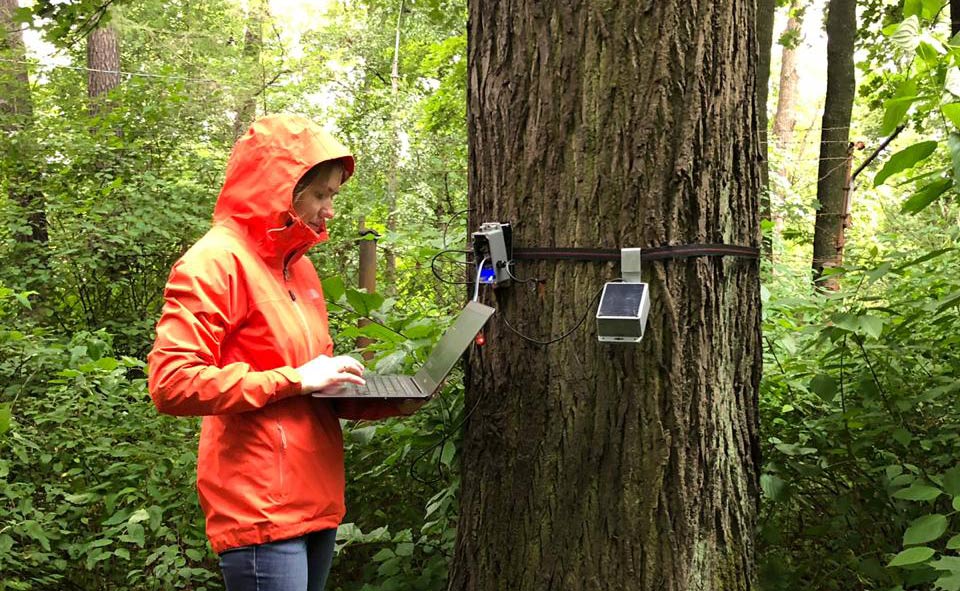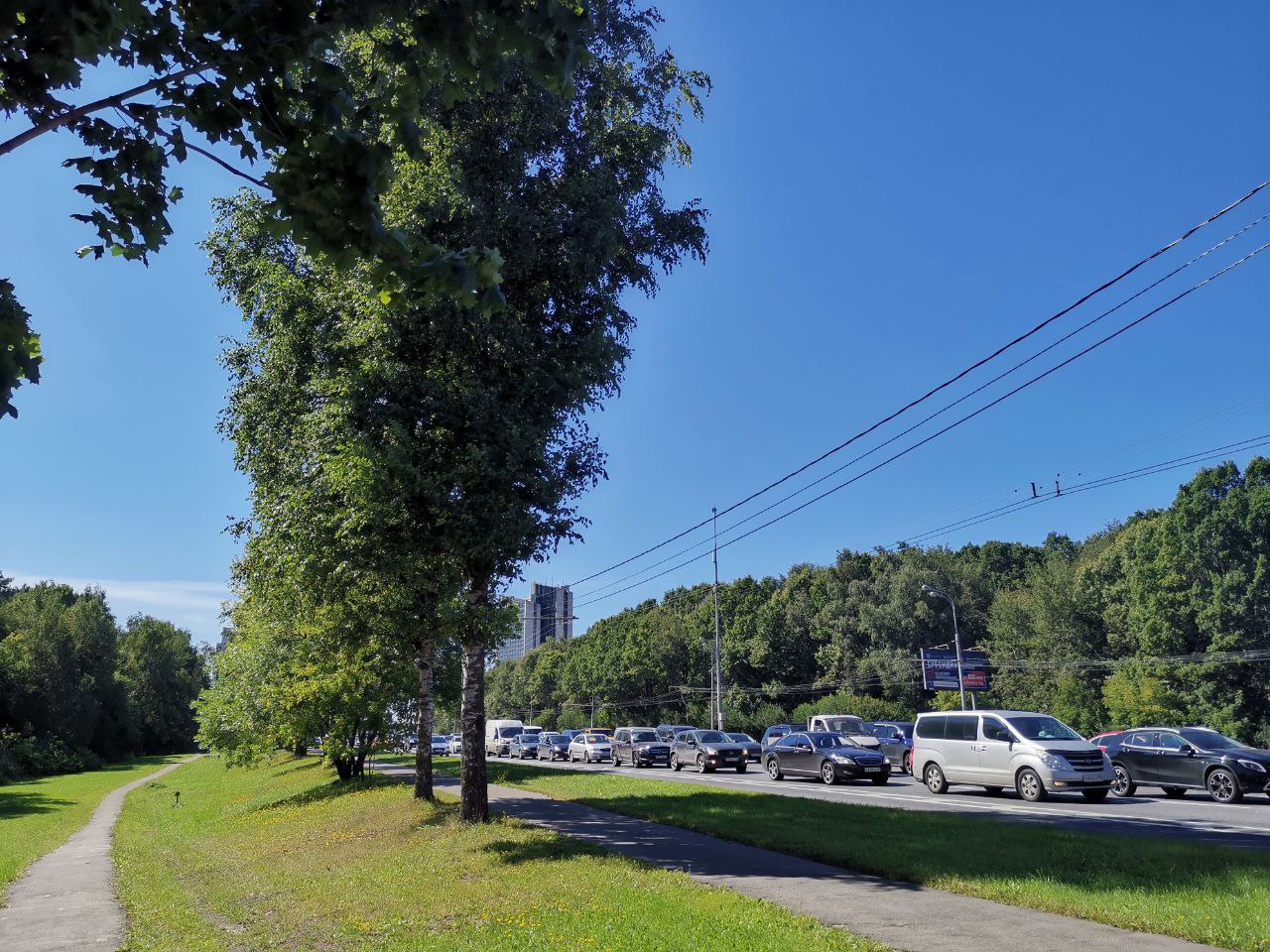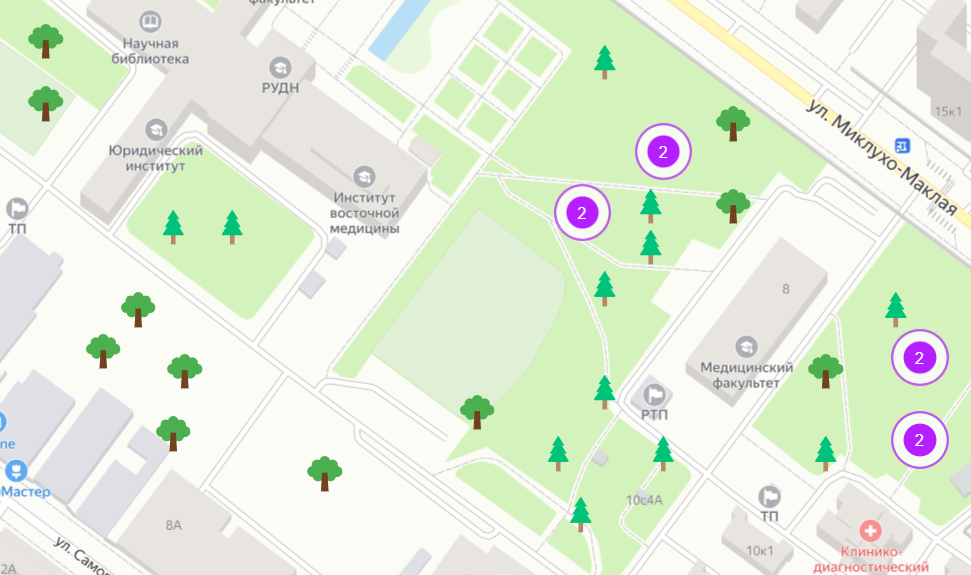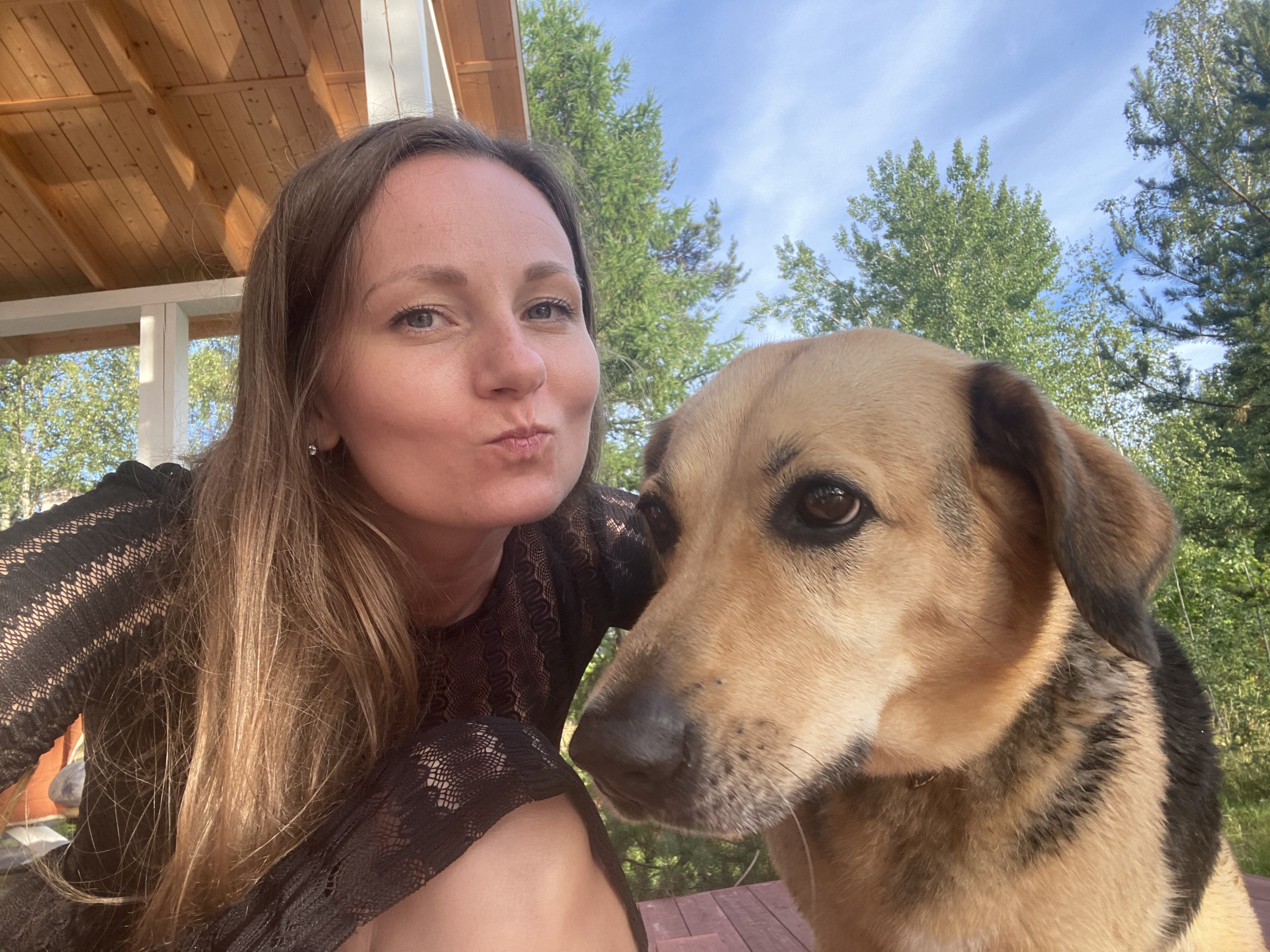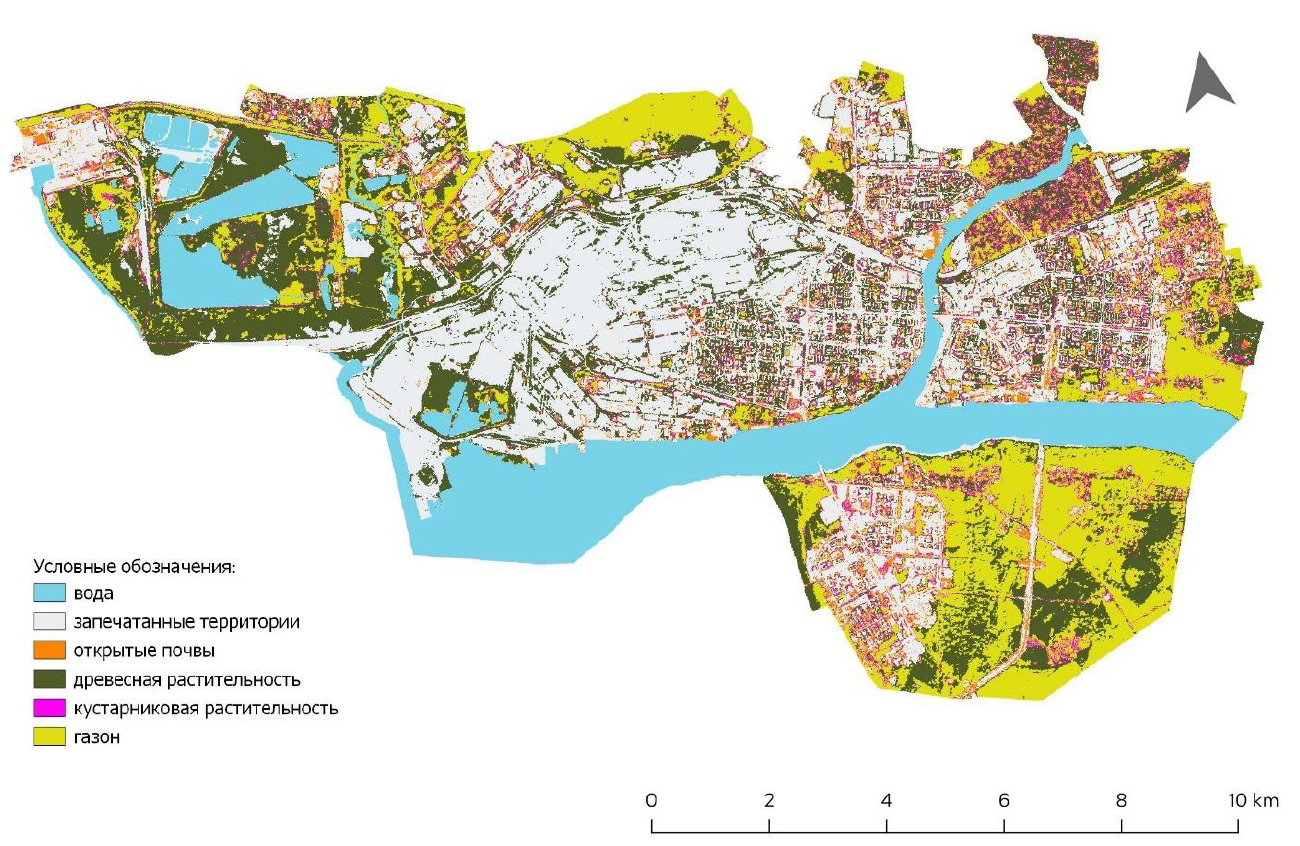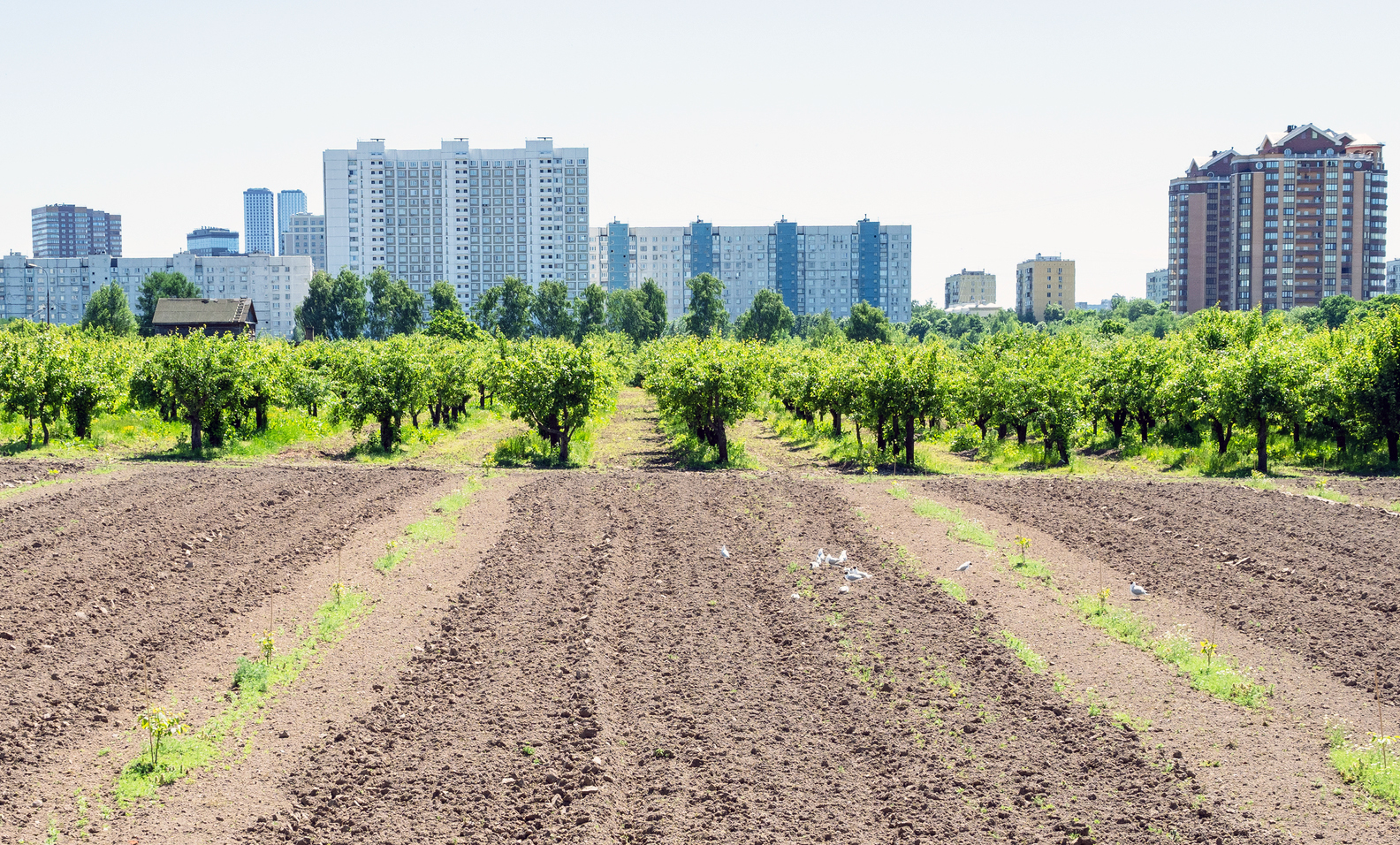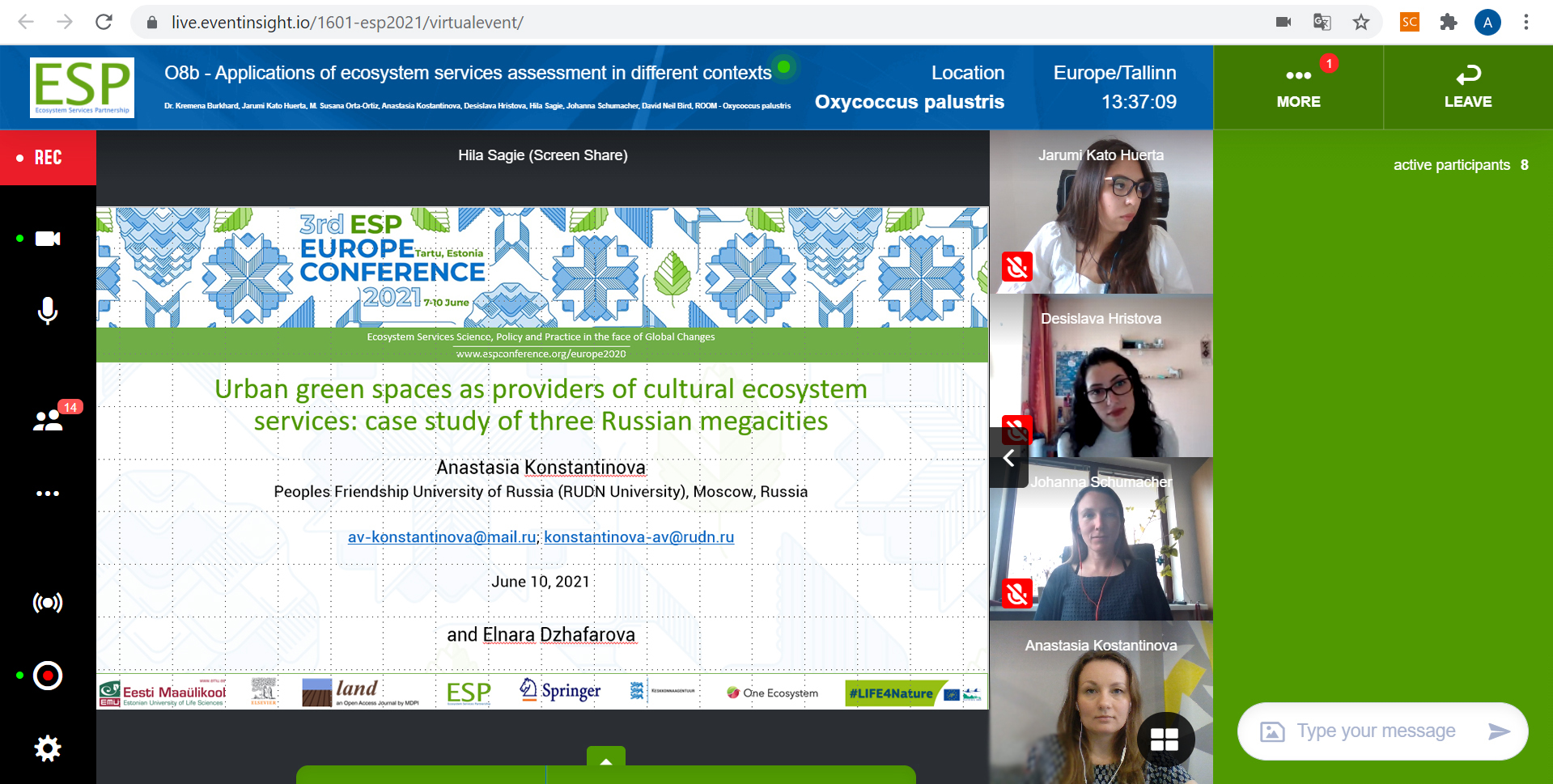International Scientific Seminar
Organizer: Department of Landscape Design and Sustainable Ecosystems, Smart Urban Nature research center, Agrarian and Technological Institute of RUDN University
Area: Science, Education, International cooperation
Subarea: Ecology and nature management
Format: Seminar
Type: International
Title: «Ecosystem services of urban green roofs»
Date: March 26, 2025
Location: Yandex Telemost
Contact person: Babich Gleb Olegovich, 1142230303@rudn.ru
The links to the Seminar: https://telemost.yandex.ru/j/4804182143
About the event:
On March 26, 2025, the scientific center «Smart technologies for sustainable development of the urban environment in the context of global changes» of ATI RUDN University will organize an international scientific seminar «Ecosystem services of urban green roofs». The event will be held in a mixed format on the Yandex Telemost platform. The working language is Russian.
“Green” roofs seem to be an interesting object of research and a promising object from the point of view of urban infrastructure development. However, in Russian practice, such a greening mechanism is currently rare and poorly regulated by existing regulatory legal acts.
During the seminar, the results of a study of various aspects of the creation and functioning of green roofs in Russian cities will be considered.
Event program:
17.30 – 18.00
«Green roof substrate testing: effects of organic matter quality and proportions on drought tolerance of grass plant communities»
Dr. Anna Gunina
18.00 – 18.30
«Study of the functioning of green roofs in Russia using the example of an open laboratory in Moscow»
Maria Korytina, Ph.D student of the Moscow State University named after M.V. Lomonosov, assistant RUDN, leader manager of the GREENROOF.PRO laboratory network
18.30 – 19.00
Discussion

